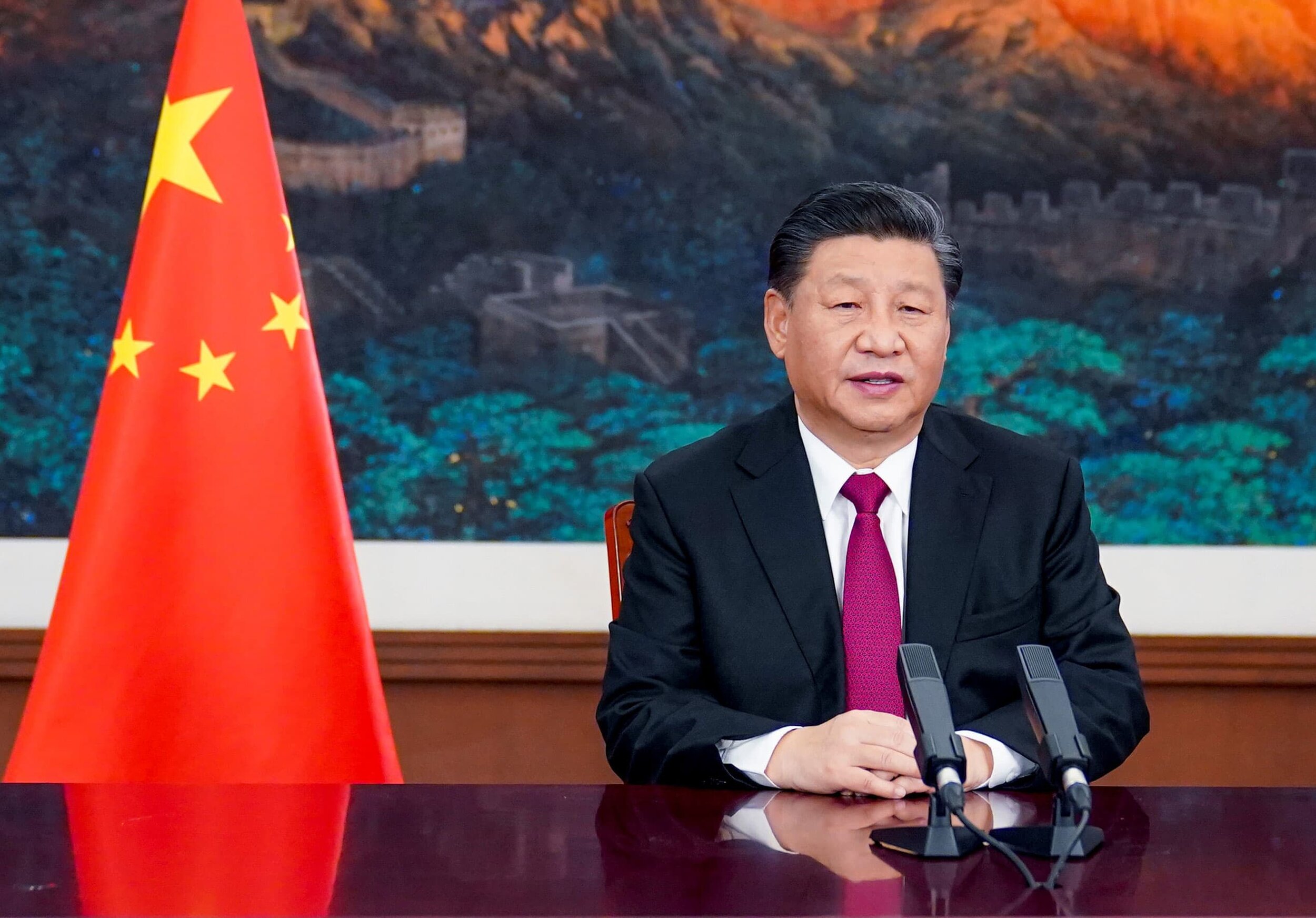America is back – but what does back mean?
America is back, so declared Joe Biden earlier this month at the Munich Security Conference to a sceptical Europe, repeating the phrase three times for emphasis. But what does ‘back’ mean and for how long?
Johnathan Tepperman in Foreign Policy unsuccessfully argues that this statement’s value is less about the practical and more symbolism, America has shown its intention to return to normalcy. As I argue in my Traversing Tradition article, “Yet many Americans still do not get it. Trump may have retreated with disgrace to Mar-a-Lago, but Trumpism will continue for years to come”.
The contrast with Trump's "America First" could not be clearer. In his first month, Biden has issued a raft of executive orders and foreign policy shifts to reverse his predecessor’s foreign policy. From re-joining the Paris Agreement and the World Health Organisation, re-signing the only Cold War arms treaty remaining with Russia to a return to the G7 as a primary global governance institution, that Trump had rebuffed – Biden is sending the message that America wants to reengage with her allies.
China
But to what end? As Trump spurned multilateralism, Biden wants to rebuild alliances to reinstate the United States position as leader of the liberal world order and in the process confront China with like-minded democracies. He has previously floated the creation of a Democratic-10 and a summit of democracies to confront authoritarian Chinese ideology. Yet the American public no longer has the appetite to do what Robert Kagan calls the ‘heavy lifting’ of ordering.
He maintains in this month’s Foreign Affairs that Americans must “accept the role that fate and their power have thrust upon them” (although misguided, Kagan is always a good read). That position, as a global hegemon, remains the cause of Washington elites but is rebuffed by a growing movement of ordinary Americans that no longer want the forever wars.
European cynicism
There is a sense of cynicism towards America’s return with its allies. Most must be considering the persuasive argument that if it wasn’t for Coronavirus, Trump would have sailed back to the Whitehouse. John Mearsheimer makes this point at a recent LSE discussion with John Ikenberry, an unremorseful liberal in foreign policy. Mearsheimer’s presentation is worth watching, he persuasively makes the point that American foreign policy since the Cold War has been misguided and suffers from a desire to spread democracy and remake the world, a fool’s errand.
Afghanistan
On the aforementioned ‘forever wars’, a decision on Afghanistan looms for the Biden presidency. Already America’s longest war, the dilemma for the president is if the superpower cuts and runs how would that impact American prestige? The Washington Post sums up this incoherence, “it is clear that war cannot now be won” however maintaining the operation with the remaining 2,500 US troops and around 8,000 that belong to her allies, would be “preferable to abandoning Afghanistan”. In other words, failure is not an option, even though the war will never succeed.
As the astute Simon Tisdall suggests in today’s Guardian, “Stay, go, delay: Joe Biden is trapped and has no good choices in Afghanistan”. The congressionally mandated Afghanistan Study Group concluded last week that America must stay to meet its objectives, but as Stephen Walt deftly argues the report’s recommendations to pursue the original aims of the war are “not remotely in sight given where Afghanistan is today”. These aims range from establishing democracy and the west's favourite cause, ensuring women’s rights. The only option, he says, is to leave, “If the Biden administration is serious about balancing a rising China, cutting the United States’ losses in Afghanistan and focusing finite resources… on that challenge would be a wiser course.”
Saudi Arabia – the boy who would be king
America’s relationship with the world’s most important oil producer, as Barack Obama exclaimed is not easy to explain, “it’s complicated” he once told a journalist. The de facto leader, Mohammed Bin Salman has been given short shrift by the president in recent times, Biden has refused to involve the prince in his first phone call with King Salman after ending support for the Yemen war.
The timing of the publication of the congressional report on the horrific murder of Jamal Khashoggi is planned to have maximum effect, Biden wants MBS out before the ailing King Salman passes away and will make life impossible for the young prince until he is gone.
Coronavirus
America marks 500,000 deaths, a sombre milestone. Listen to Simon Mark’s This America Week with analysis on why the US remains behind on both getting a grip on cases and vaccines. This is an ailing superpower. But Muslims have to consider what lessons can we learn from this comprehensive mismanagement?
Waiting to see Donald Trumps speech at CPAC21 today - unprecedented. He is now the Republican Party king maker and as I argue, Trump will be responsible for appointing the next president in the next four years.
I would love to hear your comments and if you liked this email, forward it on.
This is a piece written by Muhammad Jalal for his weekly email news briefing, sign up here to get it direct to your inbox every week.



